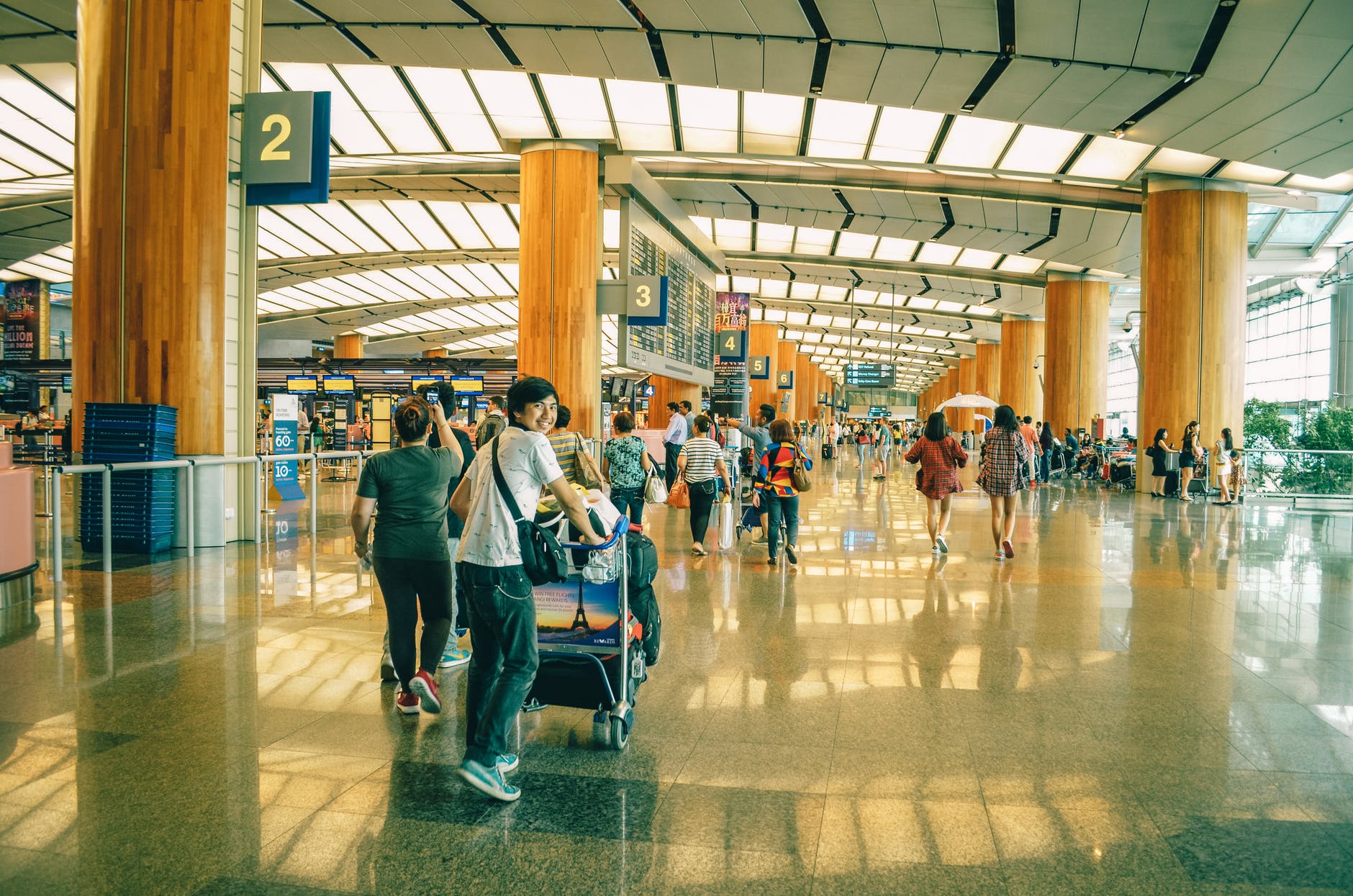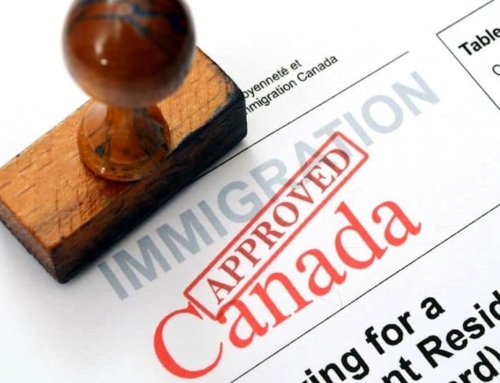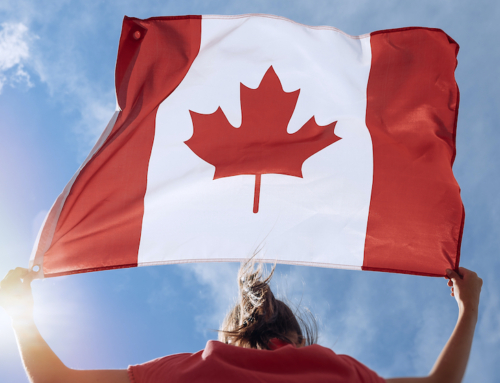The big news comes out from the IRCC on 21 June 2021 where approved PR immigrants can now travel to Canada. Many candidates of permanent residency programs having approved PR status will now be able to travel to Canada from 21 June 2021.
Valid COPR holders can now enter Canada.
Some 23,000 Confirmation of Permanent Residence has been issued since Canada introduced coronavirus travel restrictions in March 2020.
A Confirmation of Permanent Residence (COPR) is issued to an individual who has met IRCC’s program criteria, paid their fees, and passed health, security, and criminality screenings.
According to the new regulation, only valid Confirmation of Permanent Residence (COPR) holders will be able to enter Canada. The Confirmation of Permanent Residence (COPR) is generally valid only for a year. It means the candidates who received it after 21 June 2020 can now be able to enter Canada. The other, in any case, must get a new Confirmation of Permanent Residence (COPR) in order to enter the Canadian borders. IRCC has confirmed in another press release that it will work with applicants who have a Confirmation of Permanent Residence that is expiring or has expired.
Canadian government: Do not travel to Canada if your COPR is expired.
The Canadian government noted that more information on when and how to obtain a new COPR will be posted shortly on IRCC’s website.
It stressed that anyone with an expired COPR should not book their flight or attempt to travel to Canada until IRCC issues a new COPR to them.
COPRs are valid for up to one year. They are tied to the applicant’s passport and their immigration medical examination.
Many individuals have been unable to travel to Canada due to coronavirus disruptions or because they do not fall under one of Canada’s travel restrictions.
This has caused their COPR to expire. They will not need to go through the immigration process again, however, they will need IRCC to reissue a new valid COPR to enable them to travel to Canada.
COPR holders will need to follow Canada’s travel rules upon arrival, such as possibly quarantining for 14 days. However, the federal government also announced today that those fully vaccinated will be exempt from the quarantine requirement.
Who is still allowed to travel to Canada?
Canada now also requires since January 7, 2021, for every international air traveller aged five years or older to provide proof of a negative COVID-19 PCR test done within 72 hours of the traveller’s planned departure for Canada.
They must also take another test upon their arrival in Canada.
During the wait for their result, they will have to quarantine in government authorized hotel for up to 3 days. The travellers must also quarantine for 14 days. The 3 days stay in the hotel also count towards the quarantine period.
However, according to the new announcement, the ones having been fully vaccinated do not need to quarantine when they enter Canada.
Who does not need to quarantine?
There are some essential travellers who do not have to quarantine. There are:
- emergency service providers
- truck drivers
- some technicians or specialists
- those living in a trans-border community
- those who regularly cross the border to work
Who is still allowed to travel to Canada?
There are some categories of immigrants who can still travel to Canada during travel restrictions who are:
- Certain international students;·
- Certain temporary foreign workers
- A person who has taken refuge for safety purpose ·
- Family members of Canadian residents
- Immediate family members of Canadians
- People coming to Canada who was allowed on compassionate grounds or those who applied for a waiver on a government web page and was granted permission to do so
- Canadian citizen or permanent resident of Canada (including dual citizens)
There are also other exceptions for travellers. These are for the following:
- People who want to travel to Canada to attend a funeral or come to Canada to visit people who are near death
- Anyone who wants to travel to Canada to provide medical assistance to a sick relative is allowed to come to Canada
- Attending the last moments of life for a loved one, or helping or caring for someone who is seriously ill
- Since they have to stay in isolation for 15 days after entering the country due to covid19, these sympathetic travellers will also be able to apply for a break from the required quarantine.
- Staff members
- People who have been invited by the Minister of Health to deal with COVID-19, and to seek the help of other health workers
- members of visiting forces who are coming to work;
- People who want to come to Canada to get medical services within 36 hours crossing the border in a trans-border community
- People aboard the “vessel” for research purposes as long as they remain on the vessel.
- Other conditions listed in the new order in the council.
Register with us now to see if you are eligible for this program:
https://lp.constantcontactpages.com/su/XkcdaKu








